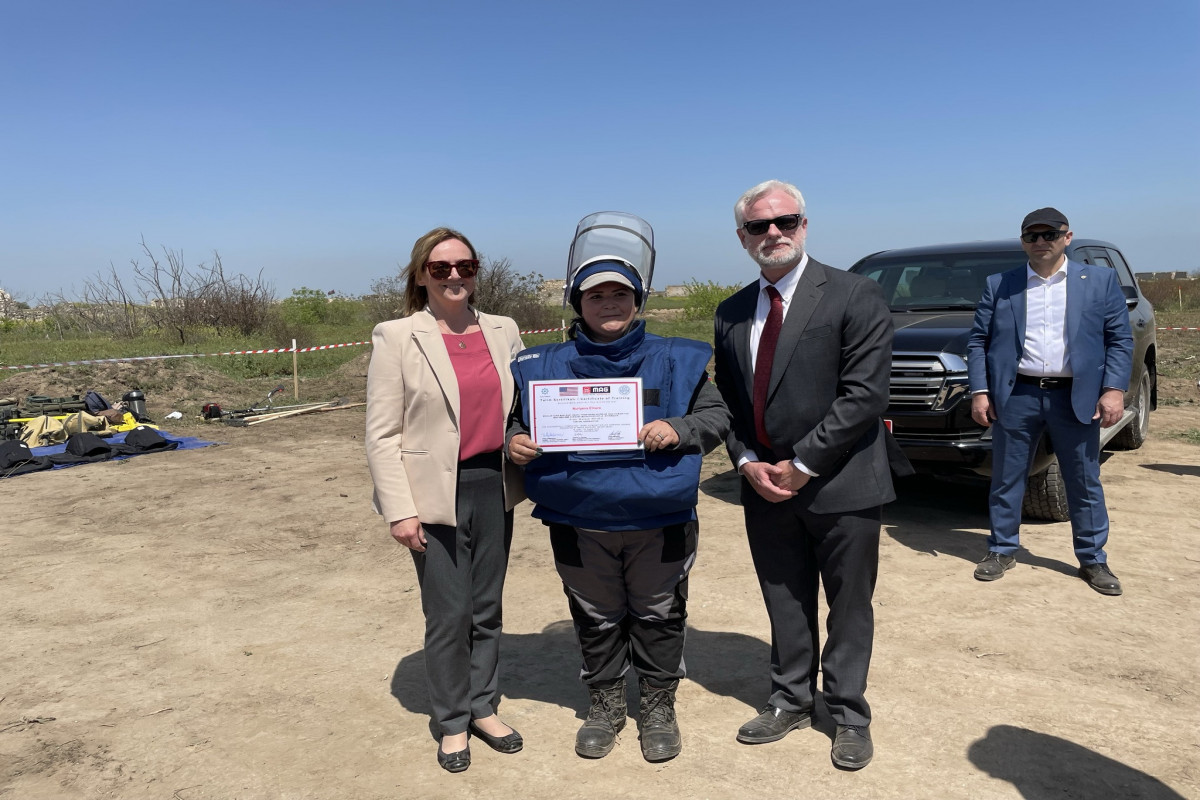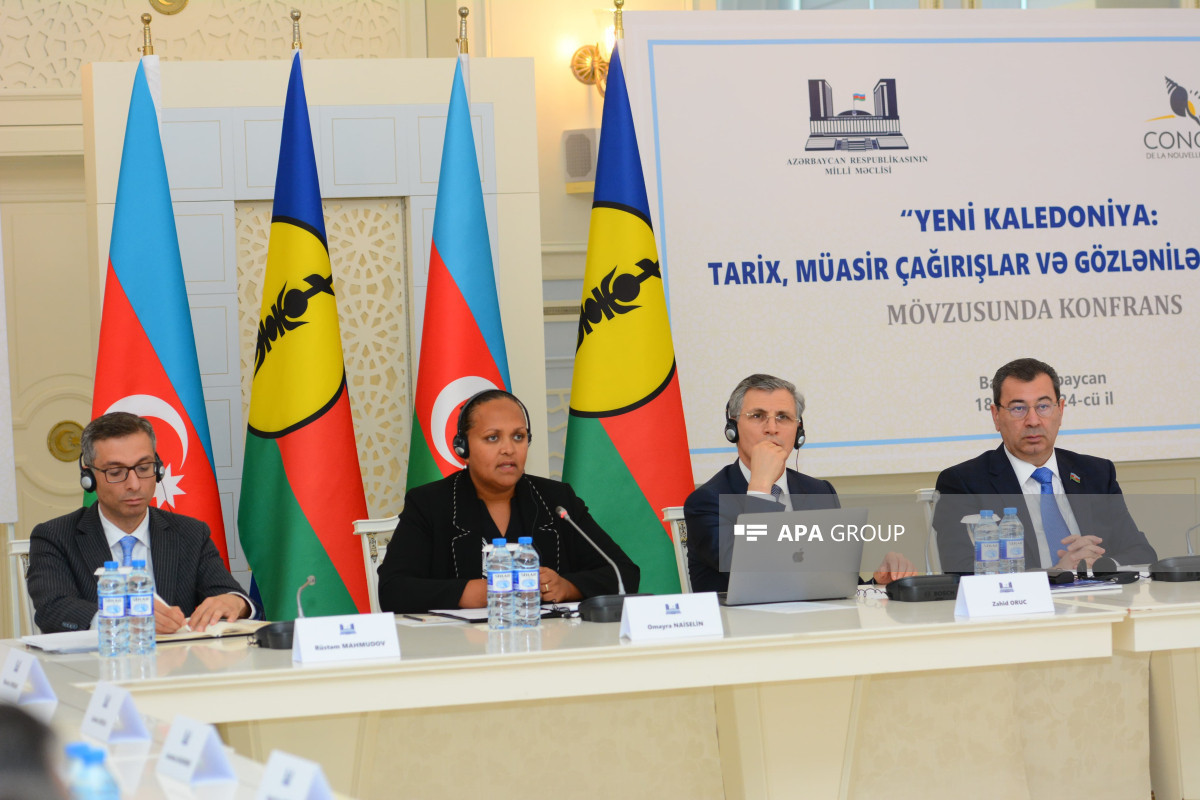"If there is goodwill in South Caucasus, transport links will be unblocked, the trade will begin to develop, the economies of both countries will receive a powerful new impetus for development, and people's lives will improve," Deputy Prime Minister of Russia, co-chairman of the trilateral working group on Karabakh Alexei Overchuk said this in an interview with Rossiyskaya Gazeta, APA's Moscow correspondent reports.
“It is important that such goodwill exists. Based on the joint trilateral statement of Azerbaijani President Ilham Aliyev, Armenian Prime Minister Nikol Pashinyan, and Russian President Vladimir Putin, a trilateral working group was created under the joint chairmanship of the Deputy Prime Ministers of the Republic of Azerbaijan, the Republic of Armenia, and the Russian Federation, which is charged with unblocking economic and transport links in the region.
From the very beginning, we agreed with colleagues that we are taking a common-sense approach. Relations between Azerbaijan and Armenia are very complex, multi-layered, going deep into history. Many have endured terrible grief, left their homes, lost the closest people. This will always be remembered. Today it is important to make sure that trouble does not return to people's homes again, and for this, it is necessary to heal the wounds, learn to talk to each other and work together to create a common peaceful future.
The reality is that these peoples, close and friendly to us, were, are, and will be neighbors. People living there want to live peacefully, raise children and enjoy their grandchildren. All participants in the negotiations on unblocking economic and transport ties in the region proceed from this very point. Everyone wants to build a better life for their people. Russia helps them in this.
Within the framework of the working group, all possible rail and road routes connecting Azerbaijan and Armenia were investigated.
In the spring, Russian experts from the Ministry of Transport, Rosavtodor and Russian Railways worked in the border areas of these countries. They surveyed each road and railroad and assessed the possibilities of commercial transport between the two countries. The condition of road surfaces, railways, bridges, pipes that lie under the roads was assessed. Unfortunately, almost all possible routes have fallen into disrepair, and the restoration of transport links requires serious investments. Based on the results of this expert work, the parties were able to outline further steps to unblock transport links.
A large part of the work is also related to legal issues. There are no diplomatic relations between Azerbaijan and Armenia, there are no checkpoints, customs, everything that usually happens between neighboring countries. Over the past 30 years, both Azerbaijan and Armenia have done everything to make movement between them impossible. These accumulated painful problems need to be addressed. An inventory of all international normative legal acts is being kept. First of all, this concerns the CIS, because both Armenia and Azerbaijan are members of it.
It so happened that every time when some kind of multilateral agreement is signed, the representatives of Armenia and Azerbaijan make reservations about each other, excluding the extension of the effect of these agreements to the opposite side. Such clauses, which hinder the implementation of transport links between the two countries, should be removed.
For more than thirty years, the state apparatus of the two countries systematically worked against each other, and now they need to look for solutions and find compromises. This is difficult for people since they bear the burden of all previous life and the history of relations between their countries.
When all these solutions are found, and Azerbaijan and Armenia decide that they are ready to implement them, then it will be possible to proceed with the restoration of roads and then resume transport links. The main thing is to see a good future, and, of course, it is important that no one now takes steps that further complicate this already difficult relationship."


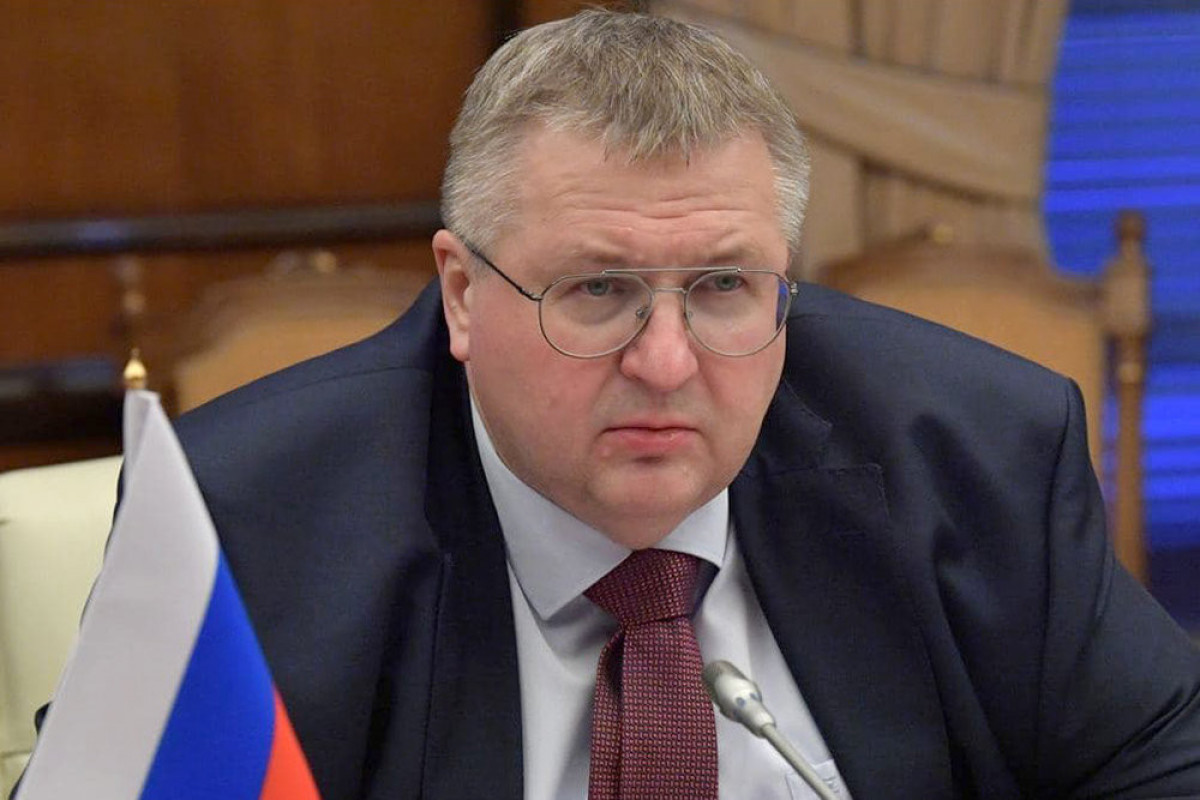
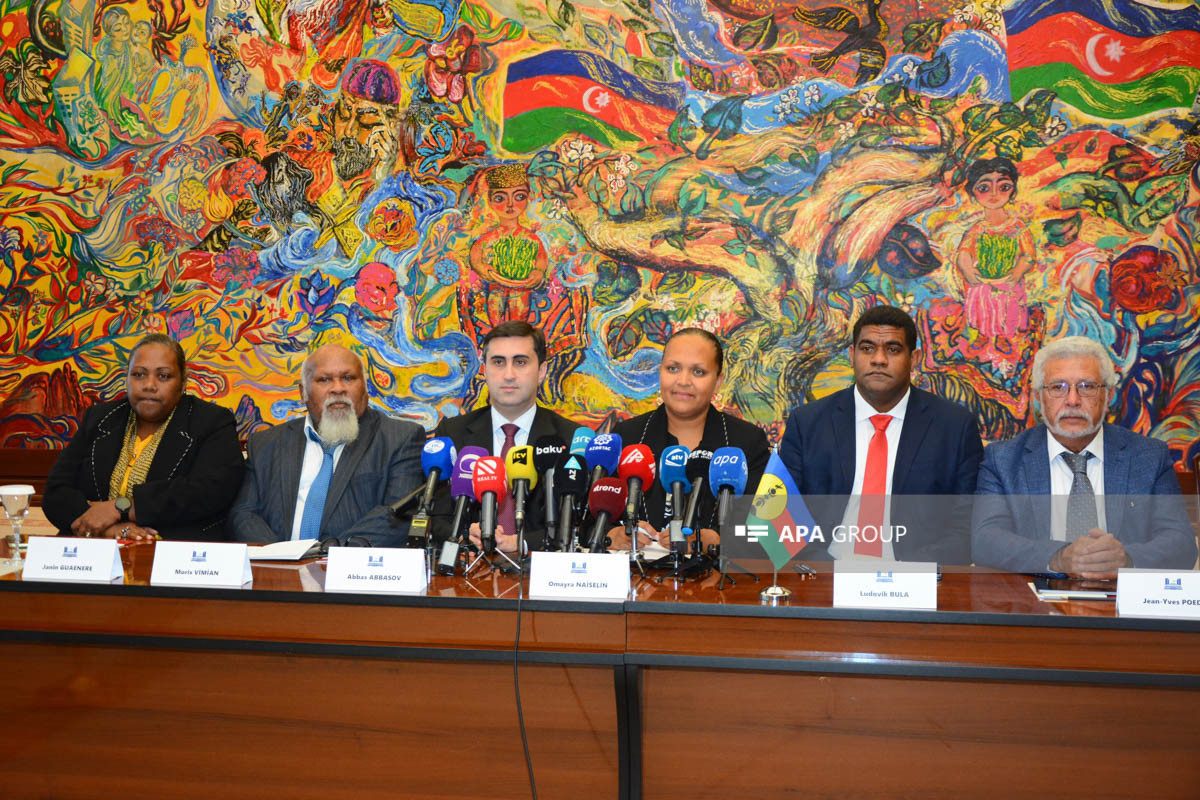
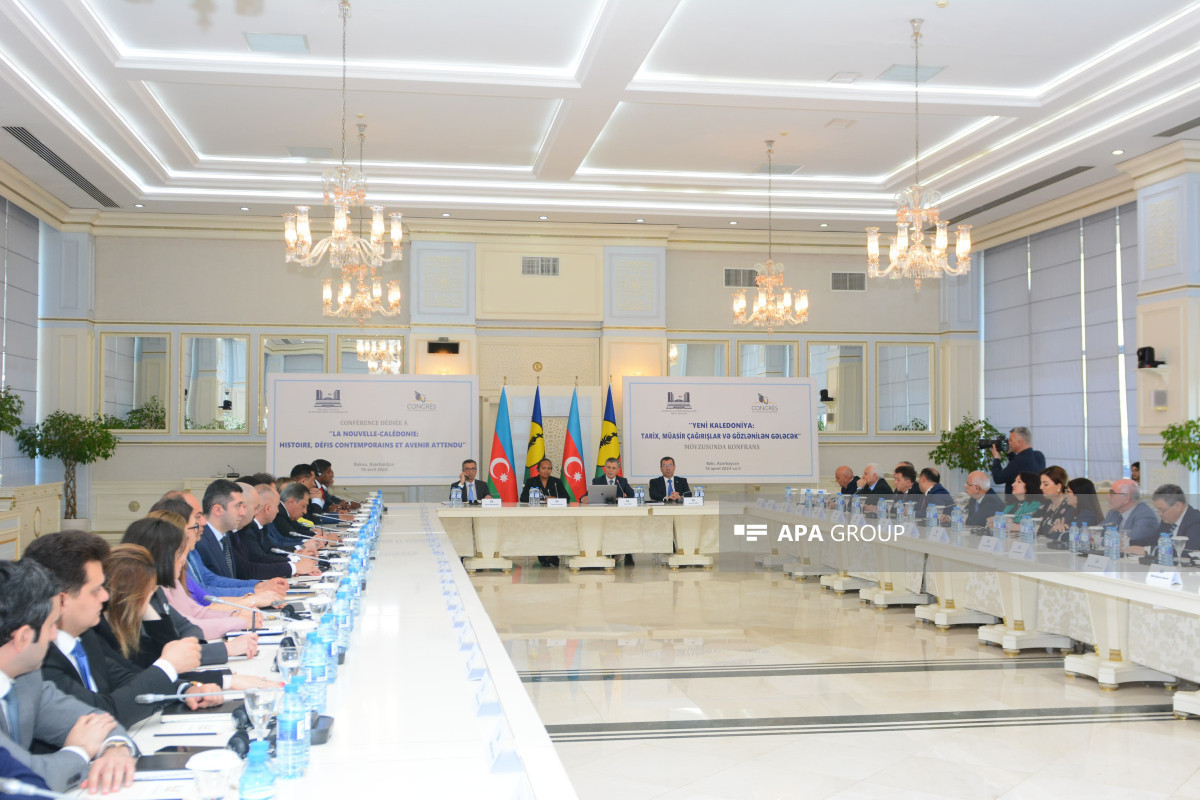 PHOTO'>
PHOTO'>
